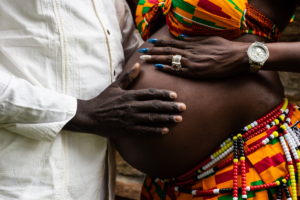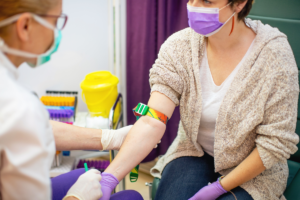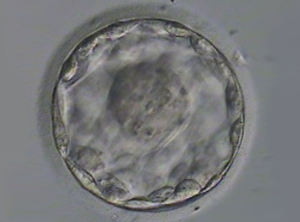Beryl Benacerraf, MD, Awarded ‘Giant in Obstetrics and Gynecology’ by AJOG
 From her revolutionary work using ultrasound for prenatal diagnosis of congenital anomalies and gynecologic disorders to her discovery that linked nuchal thickening to an increased risk for fetal Down syndrome, Beryl Benacerraf, MD, has changed the way medicine is practiced.
From her revolutionary work using ultrasound for prenatal diagnosis of congenital anomalies and gynecologic disorders to her discovery that linked nuchal thickening to an increased risk for fetal Down syndrome, Beryl Benacerraf, MD, has changed the way medicine is practiced.
 Clinical studies for new drugs and vaccines, including the recent trials that led to the approval of COVID-19 vaccines, generally exclude women who are pregnant or lactating. For that reason, little is known about how hormonal changes affect drug pharmacokinetics and pharmacodynamics.
Clinical studies for new drugs and vaccines, including the recent trials that led to the approval of COVID-19 vaccines, generally exclude women who are pregnant or lactating. For that reason, little is known about how hormonal changes affect drug pharmacokinetics and pharmacodynamics.






